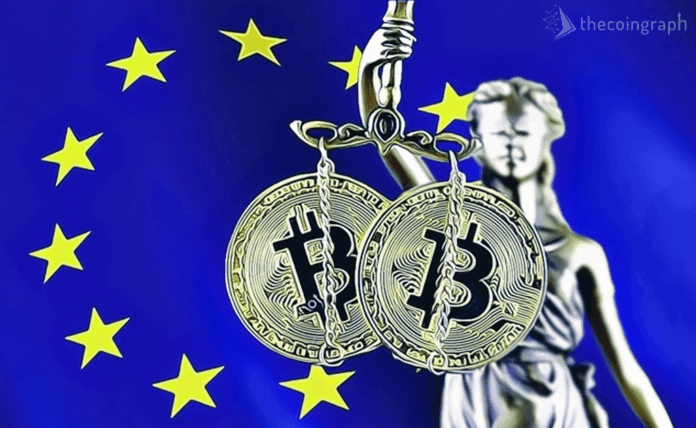The latest judgment coming from a Dutch court calls Bitcoin to be a legitimate “transferable value” which are some very positive words towards the mainstream adoption of the cryptocurrencies. The court ruled in favor of petitioner Mr. JW de Vries, who was owed 0.591 BTC by the private company Koinz Trading BV.
The court also confirmed the existence of an undisputed contract between the company and Mr. Vries. Since the agreement involved payment in BTC, the company became liable to pay in digital currency. Citing Articles 1, 2, 4, 6, and 14 of the Bankruptcy Act, the court ordered the company to pay Mr. Vries.
It stated that: “It is clear and undisputed that the plaintiff has failed to pay the claim seized by the applicant. At the hearing, the applicant demonstrated the existence of several (aid) claims. From the documents submitted by the applicant, it appears that several persons have claims on the vested party that see the payment of Bitcoin or on claims for non-fulfillment of obligations under an agreement, with penalties attached in some cases.”
Court Recognizes Bitcoin as Property in Landmark Ruling
The court has ordered the company, which failed to pay the required amount in BTC, to either clear its dues or declare bankruptcy. The court judgment states the digital currency ‘Bitcoin’ has got all the features of a property right and hence the claim to transfer BTC within the property rights is valid enough.
The translation of the court’s document reads: “Bitcoin exists, according to the court, from a unique, digitally encrypted series of numbers and letters stored on the hard drive of the right-holder’s computer. To deliver Bitcoin, the payer sends bitcoins directly from one wallet to another. Bitcoins function as stand-alone value files that the payer transfers directly to the payee during a transaction. It follows that a Bitcoin represents a value and is transferable. In the court’s view, it thus shows characteristics of a property right. A claim for payment in Bitcoin is, therefore, to be regarded as a claim that qualifies for verification.”
The European Union has, in general, maintained a positive stand on cryptocurrencies. Earlier this month at the G20 summit, the global financial watchdog, the Financial Stability Board (FSB), announced that it considers Bitcoin an asset and believes it currently poses little threat to the financial system.
It stated: “The FSB’s initial assessment is that crypto-assets do not pose risks to global financial stability at this time. The market continues to evolve rapidly, however, and this initial assessment could change if crypto-assets were to become significantly more widely used or interconnected with the core of the regulated financial system.”

